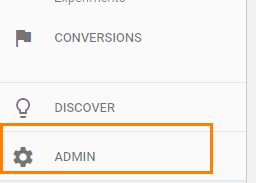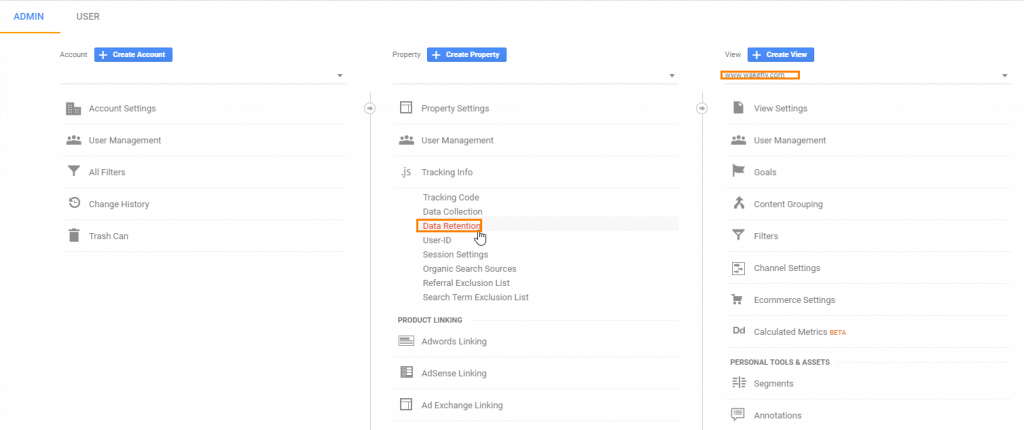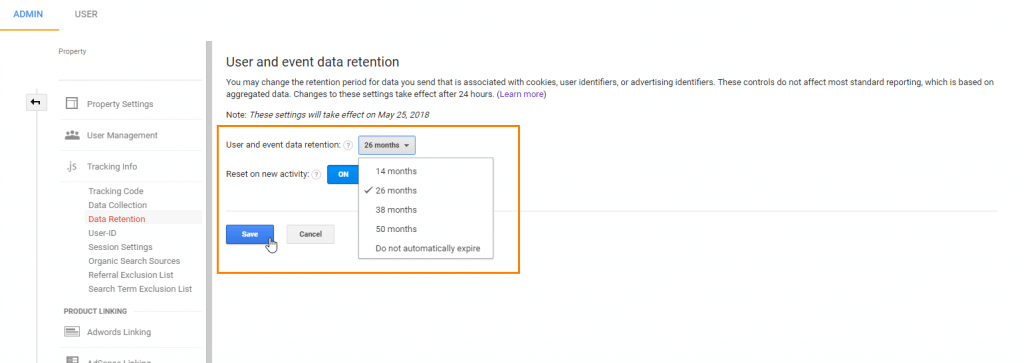Posted on 5/9/2018 in Digital Marketing
As part of the General Data Protection Regulation (GDPR) Compliance, if your company uses Google Analytics, new Data Retention settings will soon take effect on May 25, 2018.
Data retention settings allow you to set the amount of time before user-level and event-level data stored by Google Analytics is automatically deleted from Analytics’ servers. User-level and event-level data includes- user identifiers (user-id), and advertising identifiers like DoubleClick cookies, Android’s Advertising ID, Apple’s Identifier for Advertisers.
To be clear, aggregate data is not affected (visits, sessions, conversions, events, traffic sources, etc.)
This change will only affect companies who try to track individual users by user-level and event-level data, which is already against Google rules.
You can choose the following options to set how long Google Analytics retains data before automatically deleting it:
- 14 months
- 26 months
- 38 months
- 50 months
- Do not automatically expire
Google made it easier for everyone by simply defaulting all Analytics account to store data for 26 months. If you have a visitor who has not visited your website in over two years, you should account for them as a new visitor regardless, but if you want to track users and events as long as you can, you should select “do not automatically expire”.
Here’s a step by step guide to confirming your Google Analytics Data Retention settings:
1. Sign in to Google Analytics
2. Click on Admin

3. Under Property, click on Tracking Info

4. Choose your User and Event data retention period, click Save

You can learn more information here- https://support.google.com/analytics/answer/7667196?hl=en
Need help updating your Google Analytics account?
Reach out to us today to find out how we can help!
Related Articles

How Do I Optimize My Website for AI?
Why do you need to optimize your website for AI?AI-powered search engines like Google’s AI Overview, Perplexity, and tools such as Microsoft's [...]

Outdated or Outstanding? How to Tell If Your Website Needs a Refresh
Your website is the digital face of your business. It serves as a first impression, a marketing tool, and a resource for potential customers. [...]

Preparing a Website Redesign Budget for 2025: A Step-by-Step Guide
As we approach 2025, businesses are recognizing the necessity of a fresh, user-friendly website to stay competitive in a rapidly evolving digital [...]
